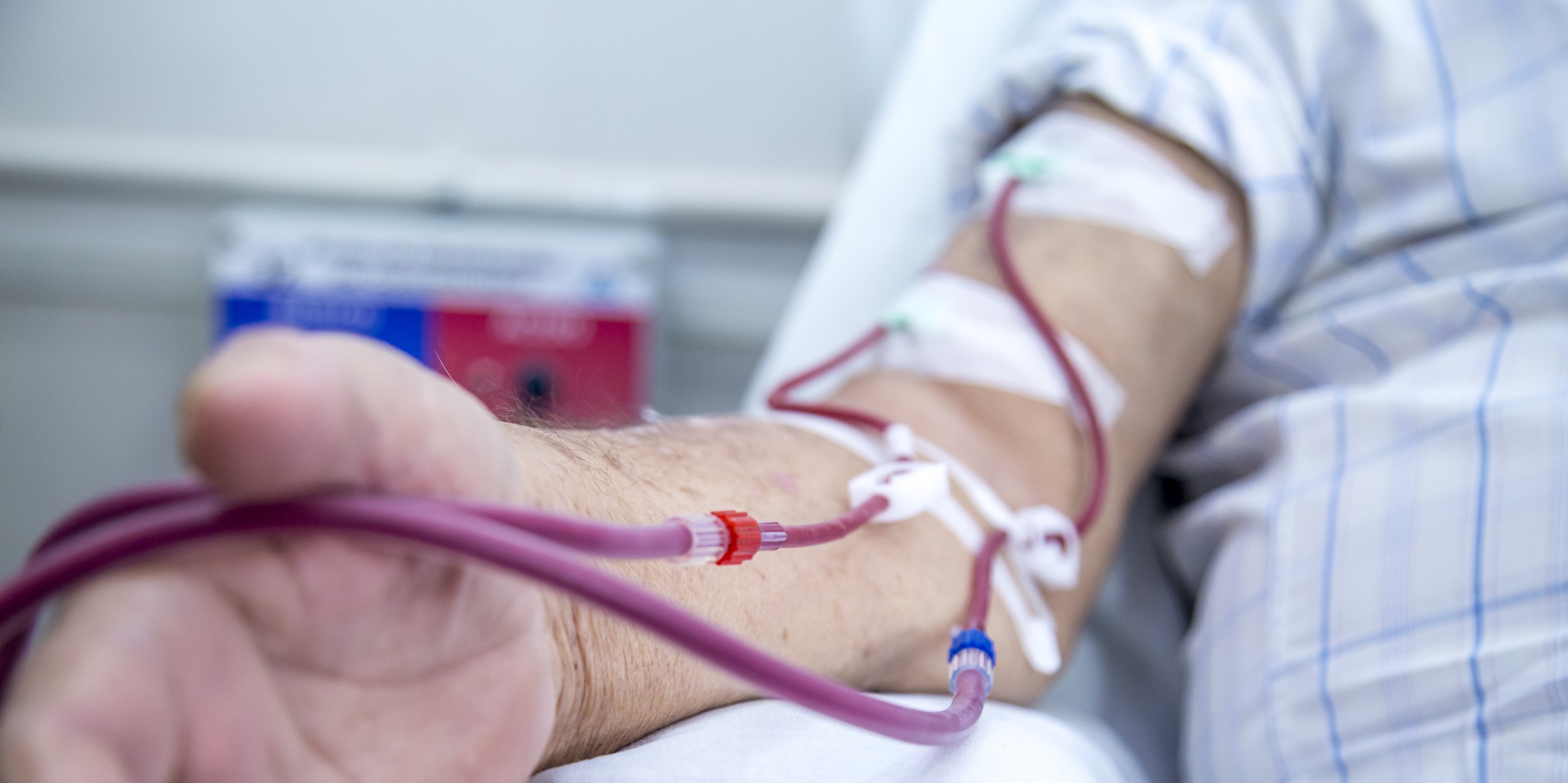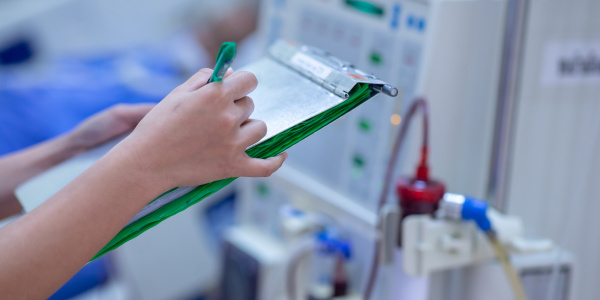If I Have Kidney Disease, Will I Need Dialysis?
In the early stages of chronic kidney disease (CKD), you do not need dialysis. The stages of chronic kidney disease can last for many years. But if your kidneys fail, you will need dialysis or a kidney transplant to keep you alive.
When Should I Start Dialysis?
National Kidney Foundation guidelines recommend you start dialysis when your kidney function drops to 15 percent or less — or if you have severe symptoms caused by your kidney disease, such as shortness of breath, fatigue, muscle cramps, nausea or vomiting. Your doctor will help you decide when to start dialysis, based on your symptoms and the results of lab tests that measure how much kidney function you have left.
Insurance and other funding bodies or sponsors (e.g. Jabatan Perkhidmatan Awam, SOCSO, etc.) may cover treatment for kidney failure whenever your doctor determines it is needed. If you are not having symptoms, you may be able to wait to start dialysis. Since chronic kidney failure often happens slowly, sometimes people do not realize how bad they have been feeling until they start dialysis and begin to feel much better.
It is important to start getting ready for dialysis or a transplant well in advance — when your kidney disease reaches stage 4 or 5. Learning about the types of dialysis and transplant options will help you make the choice that is best for you. Any type of dialysis will require surgery to allow access for your treatments, and this should be done well in advance to allow time for healing before dialysis begins.
Let DaVita assist you if you have any concerns regarding kidney disease symptoms.



